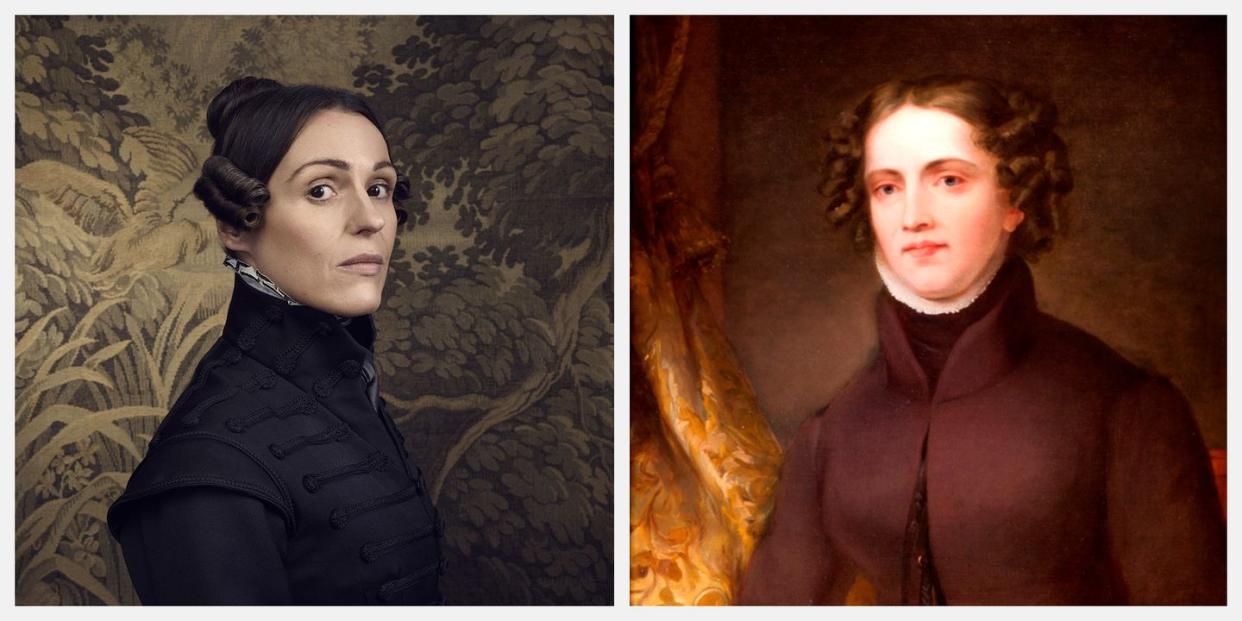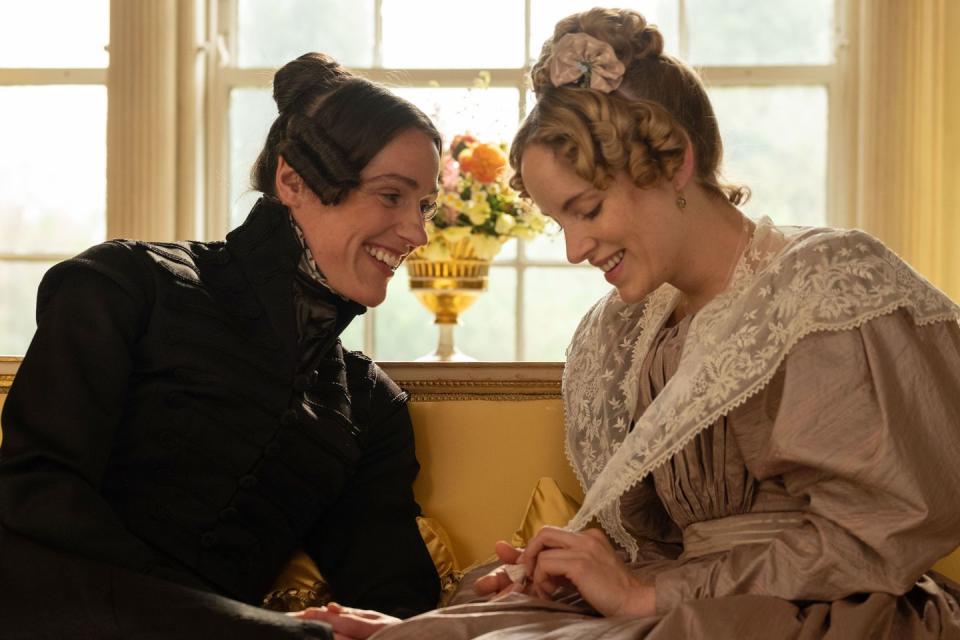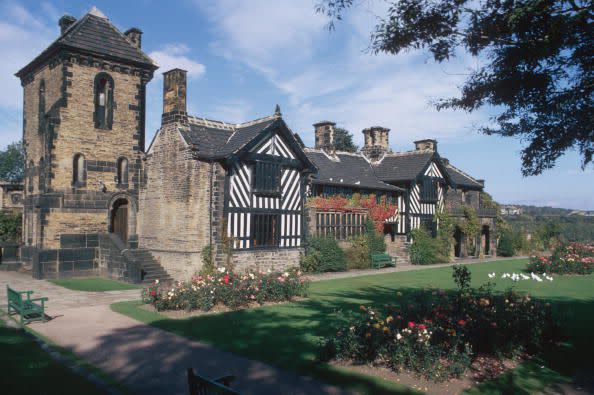Meet Anne Lister, the LGBTQ Icon Who Inspired HBO's 'Gentleman Jack'

Anne Lister lead quite a life. Born in 1791, Lister bucked all manner of 19th-century norms. She traveled abroad frequently and ran the family business herself, both of which would seem odd to her peers. Add to that her style of dressing-all in black, sans petticoats or stays-and her determination to marry a woman, and Lister really made waves.
Times have changed-and today, she's hailed as a pioneering member of the LGBTQ community. Here's what we know about Anne Lister, the inspiration for HBO's new show Gentleman Jack.

She kept detailed diaries for most of her life.
From the age of 15, Lister recorded her life in what would become thousands of pages of diaries. To ensure that the intimate details she wrote down would remain secret, she devised a code from algebra and the Greek alphabet.
Those diaries were eventually found, and decoded.
The first to discover the diaries was Lister's descendant, John Lister, near the end of the 19th century. He broke the code, but as a closeted queer man himself, John didn't want to risk being identified with his relative, and he re-hid the diaries.
When Shibden Hall, the Lister estate, was turned into a museum in the 20th century, they were once again discovered. But it wasn't until Helena Whitbread stumbled upon them and re-decoded them in the 1980s, that Lister's queer relationships were revealed. "It is groundbreaking stuff, absolutely explicit, every action is described. It’s very saucy and very riveting," Whitbread told the Guardian. “Most of the women Lister seduced were straight, but they were very happy to get back into bed with her."
Lister's diaries have since been recognized by the UN cultural body and UNESCO as pivotal historical documents.
The television show draws heavily from Lister's diaries.
HBO's Gentleman Jack draws heavily from these diaries. Anne Choma-the lead researcher for the project and the author of its companion book, Gentleman Jack: The Real Anne Lister-would send the showrunner transcribed sections of Lister's writings. "I tried to find a voice that utilized a lot of the language in the journals, but still felt quite alive and fluid," showrunner Sally Wainwright told Smithsonian magazine.
Lister was afforded an unusual amount of freedom for a woman of her time.
In her youth, she was given an education-hardly a given for early 19th century women. And her family seems to have been surprisingly accepting of her lifestyle. Whitbread told Smithsonian that she believed Lister's father knew, and accepted, her sexual preference. It may have even helped her uncle decide to leave her the family estate, as she wouldn't marry a man interested in swindling the family money.
"She would run the estate, she would check over the workmen, she would manage the finances," Whitbread told Smithsonian.

She is sometimes considered "the first modern lesbian," largely because of her wedding to Ann Walker.
Lister had many relationships with women over the course of her life. But by the time we catch up with her in Gentleman Jack, she's finally looking to settle down with a wife. She set her sights on heiress Ann Walker, and soon, Walker moved in to Shibden Hall to live with Lister. But Lister wanted a Christian wedding-and so on Easter in 1834, the couple celebrated a wedding in York's Holy Trinity church. Although their union was not legally recognized, they considered themselves married.
Today, a plaque at the church commemorates their wedding. "Anne Lister (1791-1804)," it reads, "Gender-nonconforming entrepreneur. Celebrated marital commitment, without legal recognition, to Ann Walker in this church."
('You Might Also Like',)

